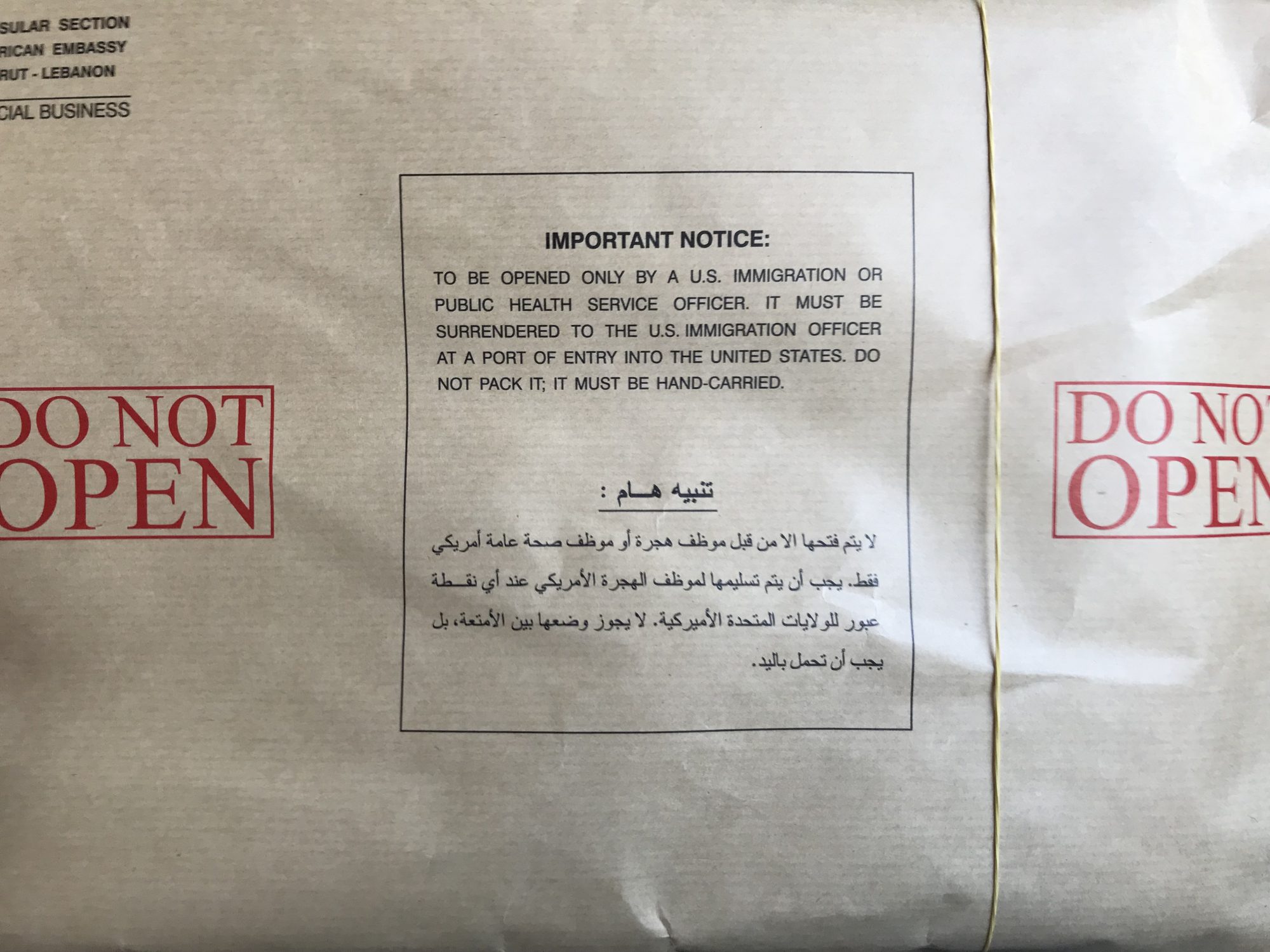“You sent messengers to John, and he testified to the truth…He was a burning and shining lamp, and you were willing to rejoice for a while in his light. But I have a testimony greater than John’s. The works that the Father has given me to complete, the very works that I am doing, testify on my behalf that the Father has sent me.”
It’s readings like these that make me empathize with the people who interacted with Jesus—how frustrating it must have been to hear these words! The audacity of these claims! And yet, with 20/20 hindsight, we, as Christians, ground our whole faith on such words—we haven’t even seen “the very works” that Jesus is talking about!
And what is this faith that we have? It is that Jesus the Christ is “light from light,” the glory of God among us, “come as light into the world” (John 12:46) to cast out the shadows of death. If John the Baptist was “a burning and shining lamp,” then Jesus is the morning star that never sets. Jesus is our Lord and our God, as Saint Thomas, who stumbled in the twilight of the crucifixion, was first to proclaim.
It is easy to be attracted to the light, but many today are calling our attention to the very structures of thought that lie behind such words. How can we speak of, and follow, Jesus the Christ, the light of the world, when so many of God’s children have been marked by the language of darkness, because of the color of their skin? Here is a Twitter thread on the question that I found helpful. The issue boils down to this: “Our ingrained notions of black/white and darkness/light as inherently good and evil can guide how we treat each other.”
I admit to finding this question frustrating. In my mother tongue, the words that describe the dimness of the night sky and the pigments of melanin-rich skin are different—they do not even share the same root. When I am at my least charitable, I lose patience with debates over words, because I feel that they distract from the very real work racial justice—the audacity of these complaints!
But then I remember that words are always more than words. Then I remember how the very structure of what we think is “normal” is at the heart of injustice. Having spent much of this pandemic working with cameras and smartphones, I know that even a microchip can be racist when it cannot process a “dark” face the same way it processes one a few shades lighter. I remember the source of my convictions: the true light from true light that is the real enlightenment. Would Jesus think that the pain we cause in our English-language conflations inconsequential?
In Lumens Fidei, Pope Francis writes: “Faith illumines life and society. If it possesses creative light for each new moment of history, it is because it sets every event in relationship to the origin and destiny of all things in the Father.” This Christmas, may we have ever-fresh eyes to see with Christ’s always creative light the testimonies to God’s work being born all around us.
This reflection was written for St Peter’s Episcopal Parish, Seattle
| Prayer for the Day Collect for the Eighth Sunday after the Epiphany Most loving Father, whose will it is for us to give thanks for all things, to fear nothing but the loss of you, and to cast all our care on you who care for us: Preserve us from faithless fears and worldly anxieties, that no clouds of this mortal life may hide from us the light of that love which is immortal, and which you have manifested to us in your Son Jesus Christ our Lord; who lives and reigns with you, in the unity of the Holy Spirit, one God, now and for ever. Amen. |
